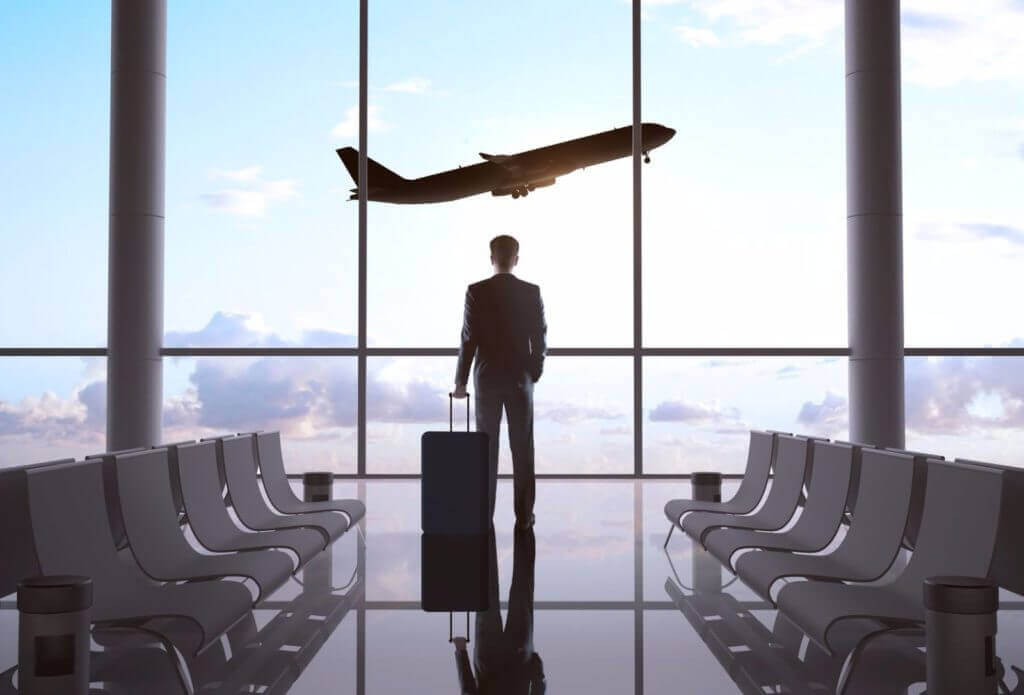
U.S. hotels are beginning to reopen following coronavirus-related shutdowns, but until a vaccine or accepted treatment is widely available, the recovery is almost certain to hit a roadblock.
Group business and convention travel do more than contribute to a hotel’s occupancy and revenue per room figures. These types of bookings also fuel profitability in an array of revenue streams and amenities at a property. Group business travel drives nearly a third of room revenue across all luxury and upper upscale U.S. hotels, said Nathan Seitzman, a partner in McKinsey & Co.’s travel practice.
Social distancing measures have hotel analysts anticipating group business and convention travel will lag other sectors in recovering until there is a viable coronavirus treatment plan. That theoretically puts a ceiling on how far hotels can go with profits before one of the several potential vaccines in various stages of trials makes a breakthrough.
“Room revenue is only part of the story,” Seitzman said. “Group business drives hotel profitability as a source of food and beverage revenue and high occupancy nights, and because it typically books further in advance it will inform everything from marketing strategy to revenue management. So even when business and leisure transient travel fully recover, a lagging group recovery could have a disproportionate impact on hotel profitability.”
Both the hotel industry’s survival and chances of a complete recovery hinge on public health advancements and successful monetary policy or stimulus programs from central governments, Seitzman added.
At the depth of the crisis, when some hotels that remained open posted single-digit occupancies, analysts and executives predicted drive-to, leisure travel would rebound first.
That has generally played out around the world. Hyatt sold out hotels in China during the country’s first major holiday post-lockdown in May. U.S. beach destinations like Myrtle Beach, South Carolina, now see some of the highest occupancy levels in America.
But three months of summer leisure travel can’t keep a resort afloat for an entire year.
“A resort destination like Myrtle Beach, when schools are closed, we have tremendous leisure demand. But when you get out of the traditional summer months, now we have a mix of leisure and group,” said Bob Barenberg, managing director of the Hilton Myrtle Beach Resort. “The winter months, when only Canadians are going to the beach, you need a lot of group business.”




